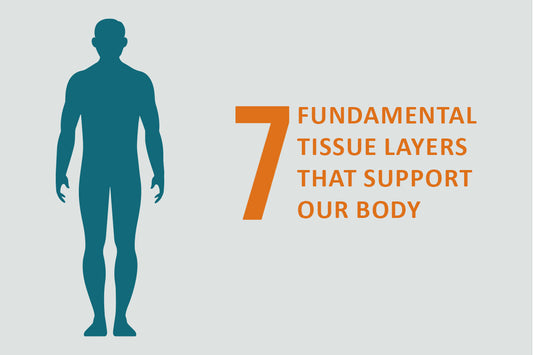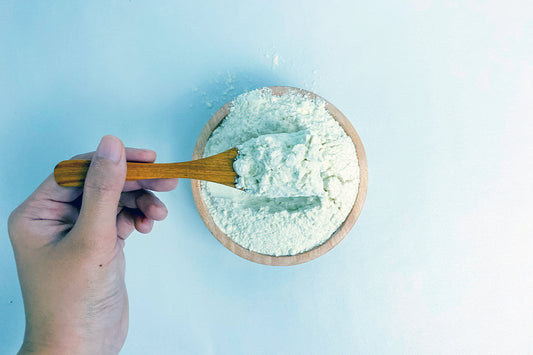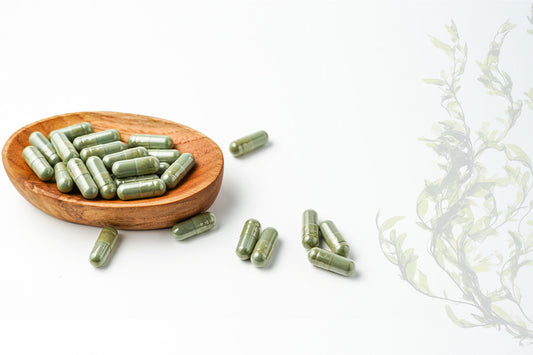If you have ever scanned the labels on beauty products or dietary supplements, you have likely seen biotin listed as a key ingredient for hair, skin, and nail health. But what exactly is biotin, and does it live up to the hype? Let us explore the benefits of biotin, what the science says, and why biotin deficiency is rare yet worth understanding.
What is Biotin, and Why is it Important?
Biotin, often called vitamin B7, is a water-soluble vitamin that plays a key role in energy metabolism and the functioning of the nervous system. It is part of the B-complex vitamins, which are essential for converting food into energy. Biotin is also celebrated for its contributions to hair, skin, and nail health, making it a go-to ingredient in beauty-focused supplements.
Since biotin is a water-soluble vitamin, it does not get stored in the body and must be replenished regularly through diet or supplements. Fortunately, biotin deficiency is rare in healthy individuals, thanks to its availability in various foods and the body’s ability to produce some biotin in the gut.
Sources of Biotin
If you are wondering where to get your daily dose of biotin, look no further than your kitchen. Sweet potatoes, eggs, nuts, seeds, and leafy greens are excellent natural sources of biotin. Sweet potatoes, in particular, are a biotin-rich food and also provide fiber and vitamins that complement your overall health. For those looking to bridge potential dietary gaps, biotin supplements can serve as a convenient alternative.
One interesting fact: raw egg whites can interfere with biotin absorption. They contain avidin, a protein that binds to biotin, making it unavailable for the body to use. Cooking the egg whites neutralizes this effect, so don’t skip the scramble if you are aiming to support your biotin levels.
The Benefits of Biotin
When it comes to hair, skin, and nails, biotin has gained a loyal following. People often turn to biotin supplements when dealing with brittle nails or hair thinning, even though true biotin deficiencies are rare. While research on biotin’s efficacy in people with normal biotin levels is limited, individuals with biotin deficiencies have shown improvements in hair and nail strength after supplementation.
Biotin also supports the nervous system, playing a role in the synthesis of neurotransmitters and maintaining healthy nerve function. Additionally, it contributes to the health of your skin, helping to keep it looking vibrant and nourished.
Should You Take High Doses of Biotin?
For most people, a balanced diet provides enough biotin to meet daily needs. However, biotin supplements, often marketed in high doses, have become popular for targeting specific beauty or health concerns. While these supplements are generally considered safe, it’s important to consult a healthcare provider before taking high doses of biotin, especially if you’re pregnant, nursing, or managing a medical condition.
Conclusion
Biotin is more than just a trendy ingredient; it’s a B vitamin with significant roles in energy production, nervous system health, and the maintenance of hair, skin, and nails. Although biotin deficiencies are rare, ensuring you consume biotin-rich foods like sweet potatoes and eggs can help keep your levels in check. And if you are considering a dietary supplement to support your beauty goals, know that biotin’s benefits are best realized when combined with a balanced lifestyle.






